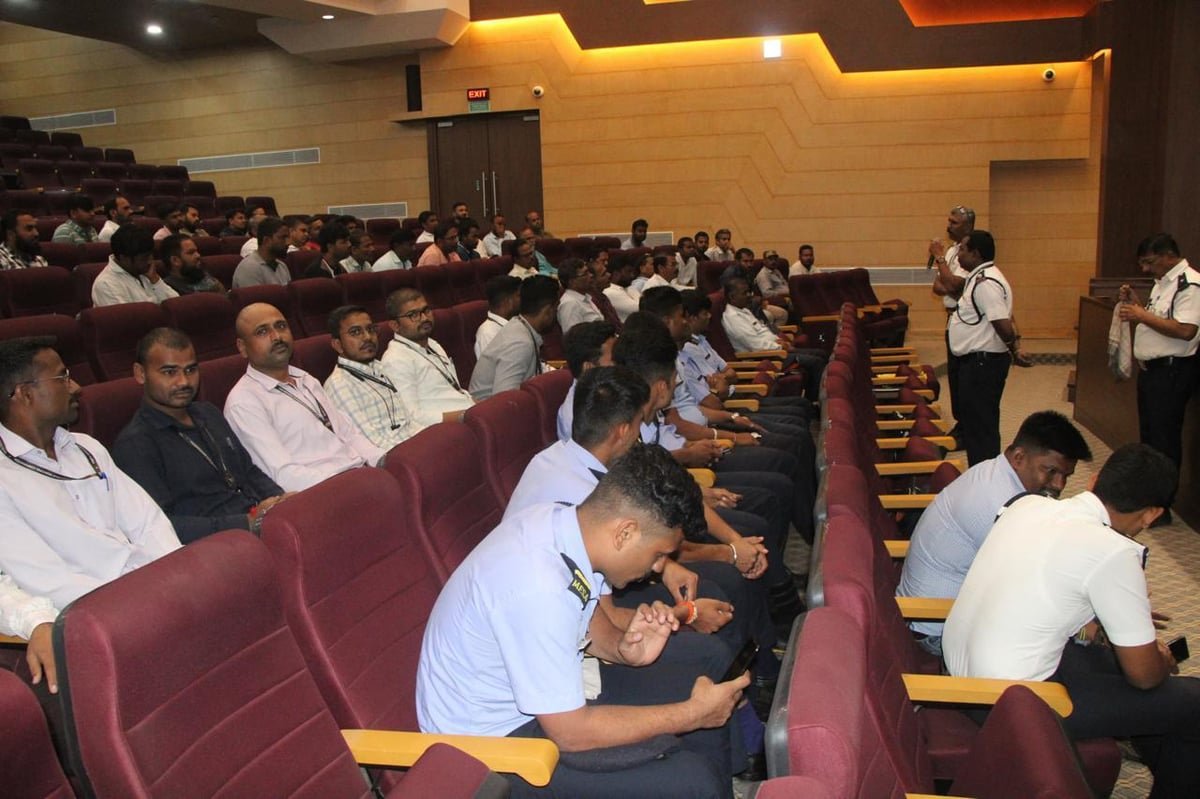Bhopal (Madhya Pradesh): The number of cases, in which men who committed suicide or are suffering from depression because they were tortured by their wives and in-laws, have increased in the city.
According to an organisation, which deals with men’s rights, says they are receiving nearly 15 calls a day from men. The issue gained attention after Atul Subhash ended his life, reportedly fed up with family-related conflicts. Similar stories of despair have surfaced.
A former NIT student suffered from depression after he was falsely accused by his wife, a government official. The accusations led to his arrest and a day in jail. He later filed a petition in High Court for relief. Another man, married for five years, faced escalating conflicts involving his wife and in-laws. After spending two days in jail, he battled depression and suicidal thoughts before seeking professional help.
A third man, torn by marital disputes for over a decade, considered ending his life but has continued fighting his case in court. In another instance, an IT professional was ordered by a court to pay Rs 26 lakh to his wife. Although he complied initially, he later challenged the decision in court, claiming he was falsely accused.
Zaki Ahmed, a representative of BHAI Welfare Society, told Free Press that organisation guided men to pursue lawful remedies and provides psychological support. “We introduce them to others who have successfully fought their battles to prevent them from falling into depression,” Ahmed said.
Expert advice
Dr Satyakant Trivedi, a consultant psychiatrist, advocated legal reforms to ensure gender equality. He also highlighted strategies for maintaining healthy relationships, which are as follows.
• Foster communication: Healthy communication and mutual understanding are essential in any relationship. Avoid the urge to change each other constantly.
• Choose advisors wisely: Seek advice from trustworthy individuals capable of providing constructive guidance.
• Set boundaries: Define financial boundaries and give each other adequate personal space based on job demands.
• Respect differences: Understand that each partner has unique personalities, flaws, and ways of functioning.
• Normalise divorce: In cases of excessive toxicity or irreconcilable differences, a healthy exit from the marriage should be normalised in society.




